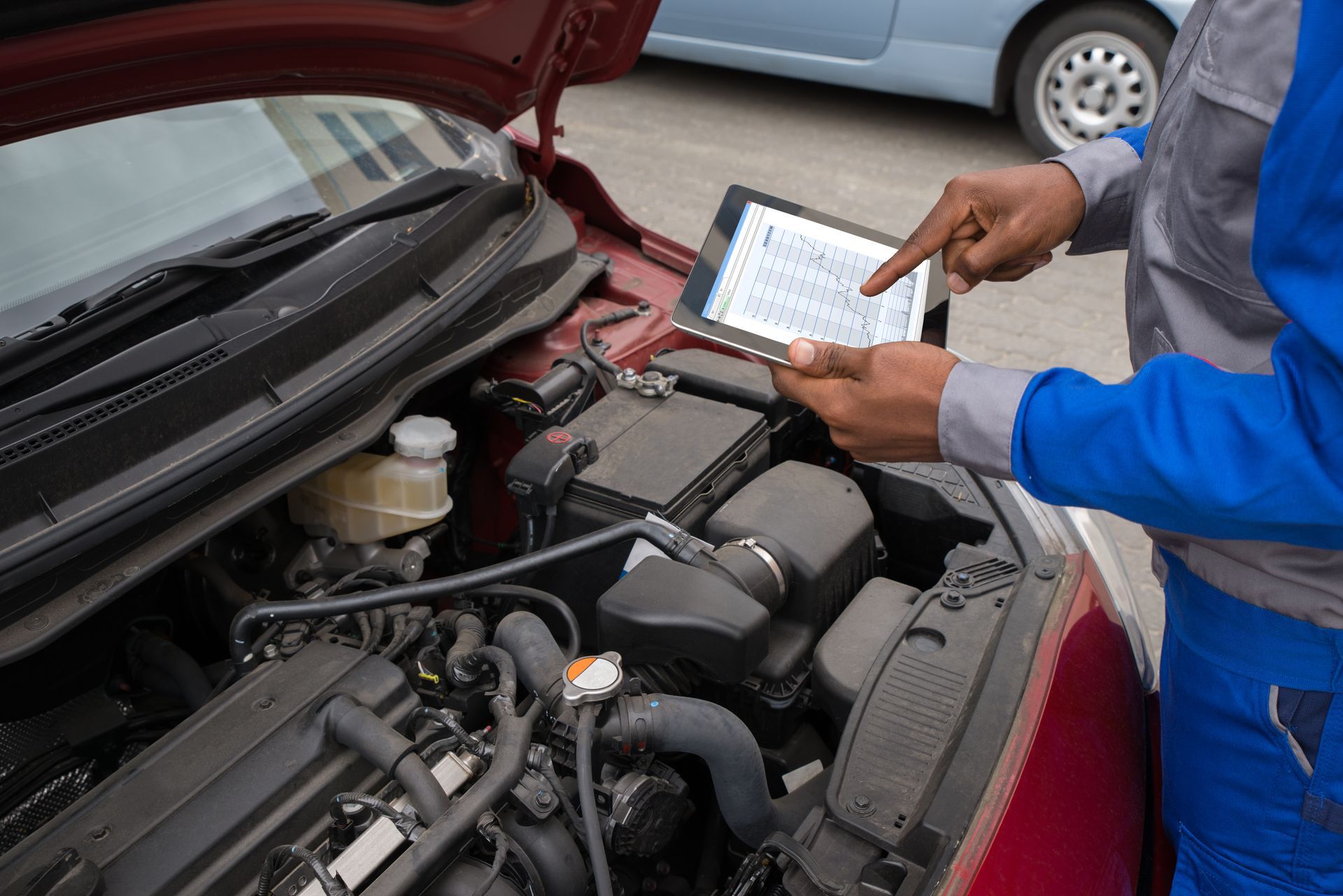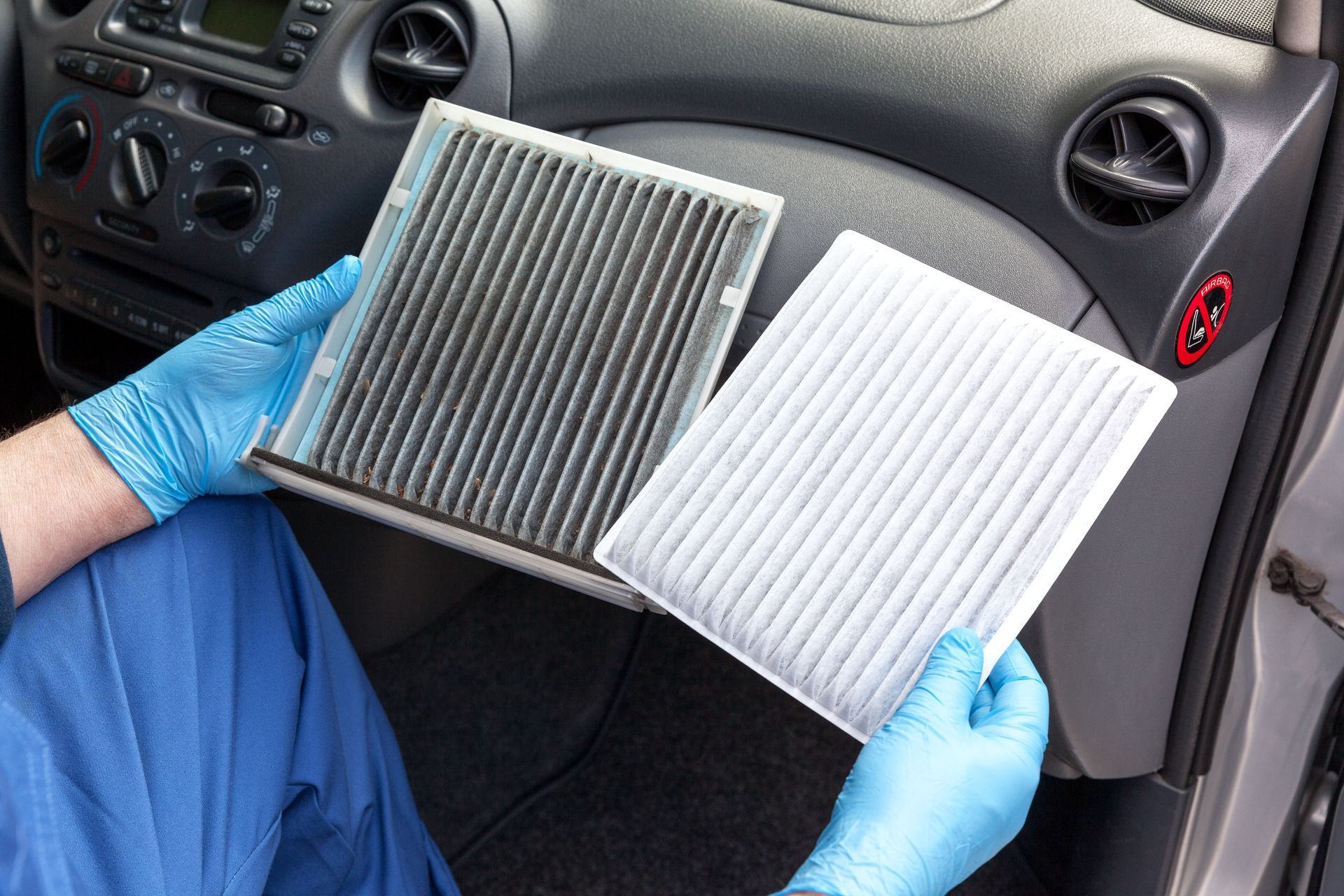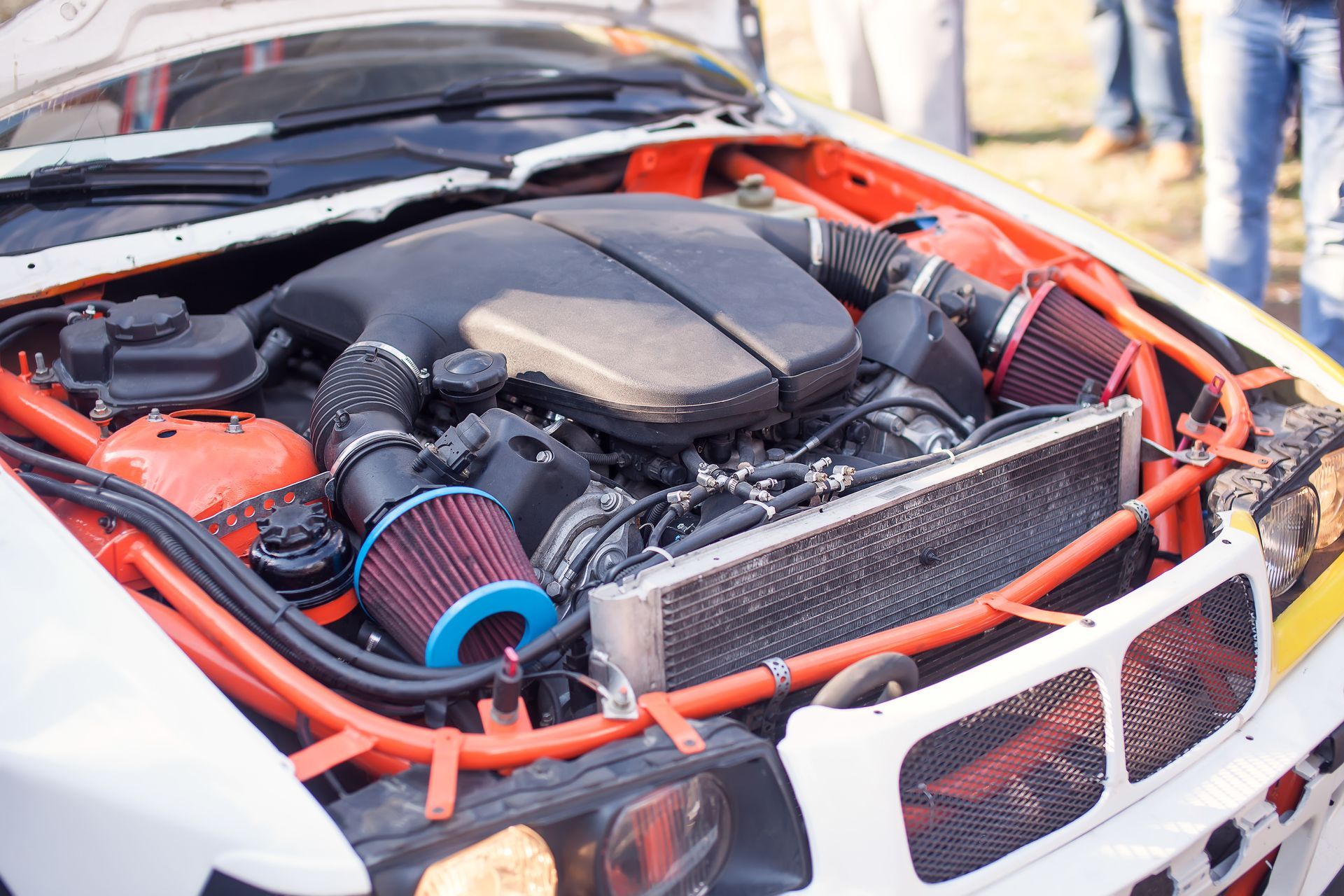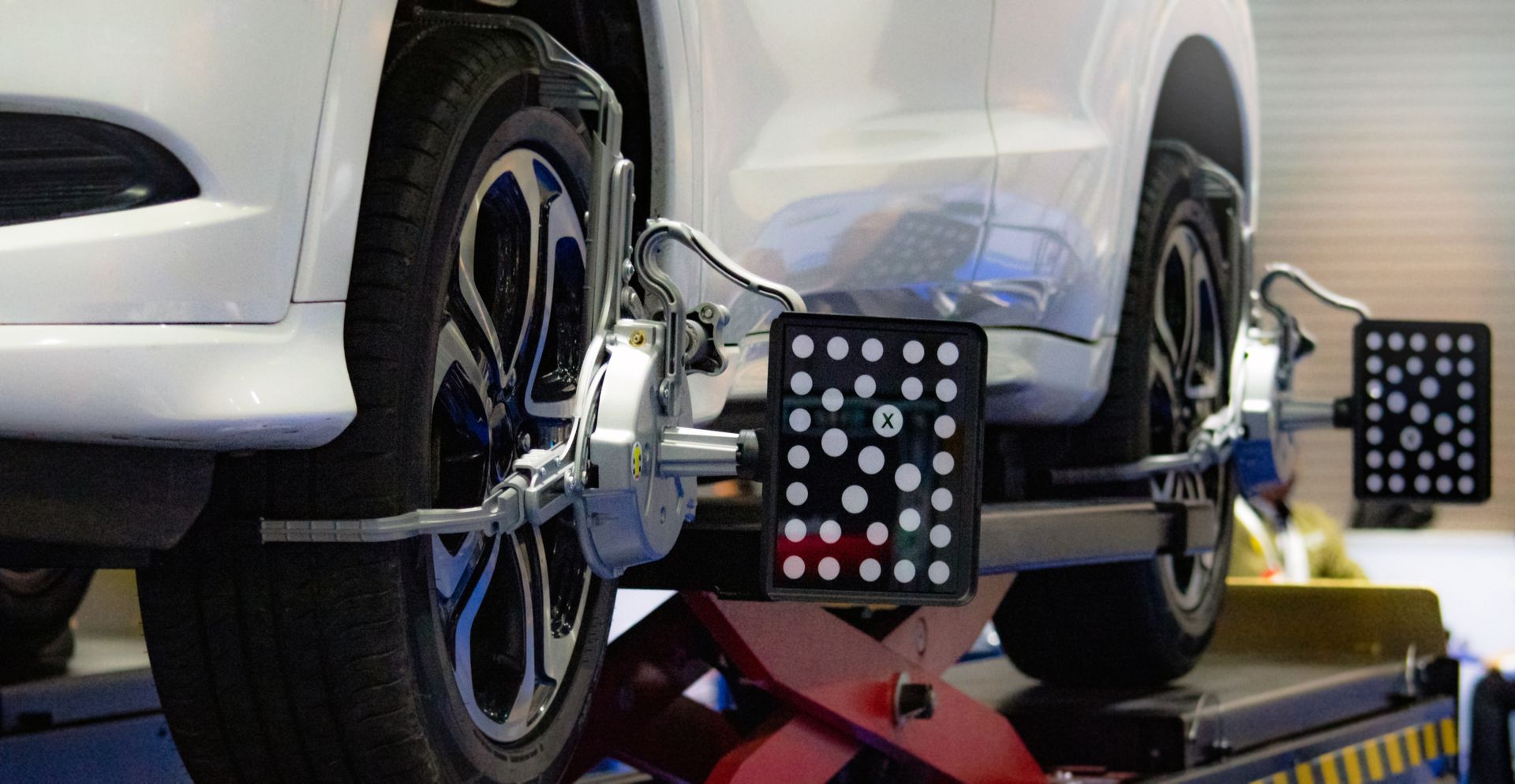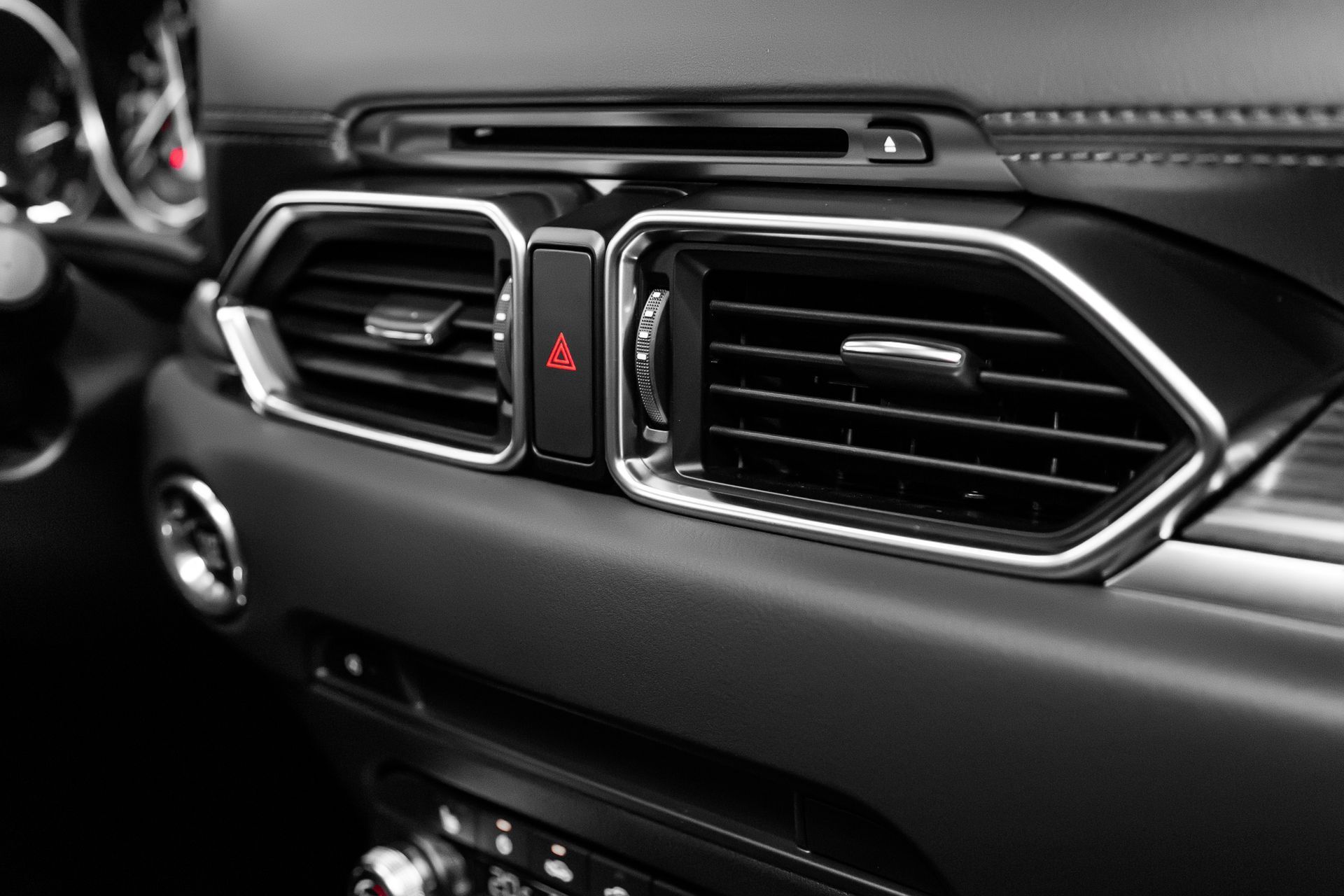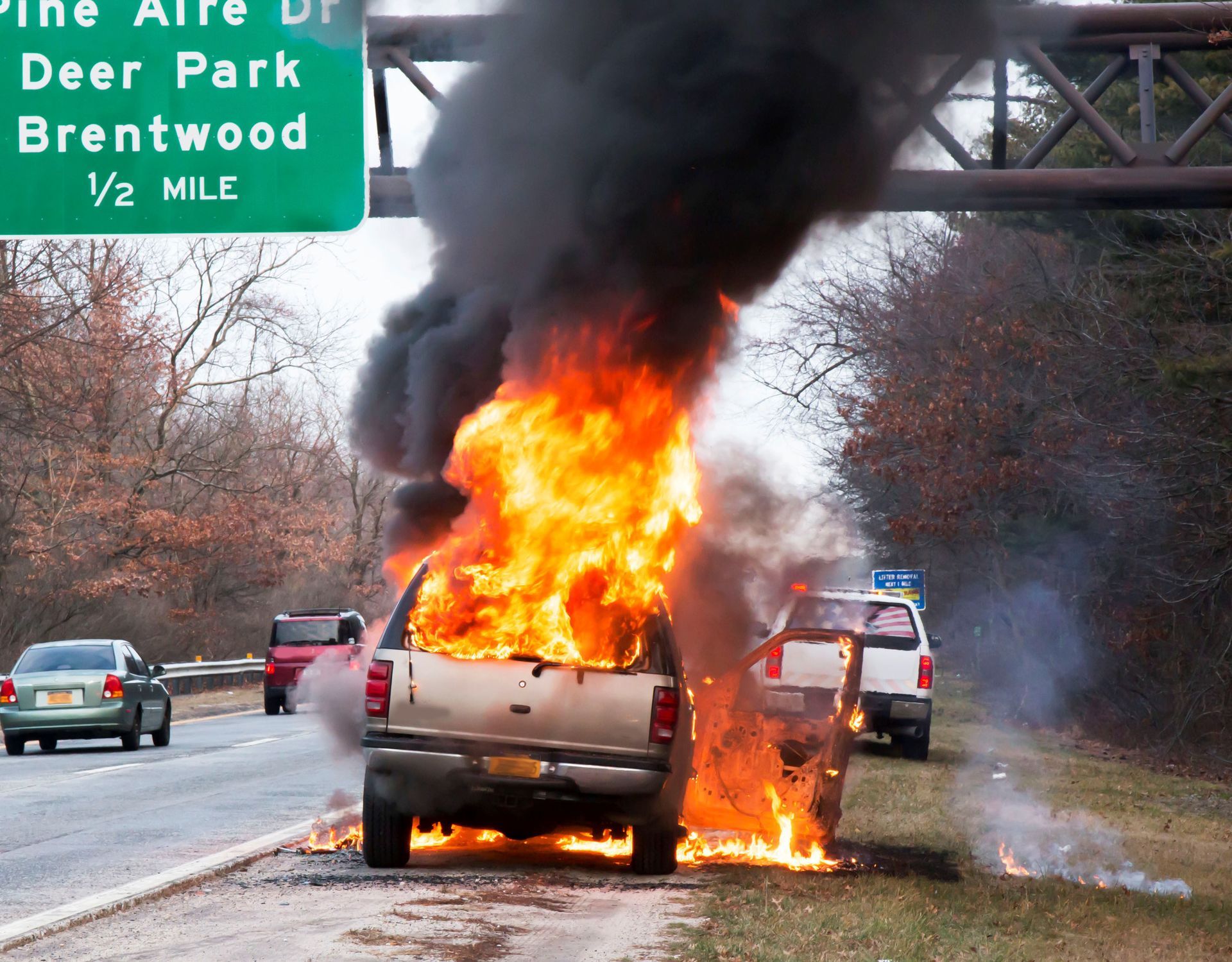Today’s vehicles rely on advanced computer systems to keep track of everything from performance to safety and emissions. When something isn’t quite right, the system logs diagnostic trouble codes (DTCs) that help point to the issue. But how can you tell when it’s time to hook your car up for a scan?
Here are eight signs your vehicle might be trying to tell you it needs some attention—before a small problem turns into a bigger repair bill.
1. The Check Engine Light Is On
This is the most obvious—and most misunderstood—sign. Your check engine light can be triggered by a wide range of issues, from a loose gas cap to a serious engine problem. If the light stays on or flashes, it means your vehicle has detected a fault and stored a code.
Even if your car seems to be running normally, it’s a good idea to have it scanned. Ignoring the light could lead to reduced fuel efficiency, engine damage, or emissions problems.
2. Strange Noises from the Engine or Exhaust
Unusual sounds like knocking, pinging, popping, or rattling can mean something’s off with the timing, fuel mixture, or exhaust system. These sounds might not trigger a warning light right away, but they often point to issues a diagnostic check can detect—like misfires, failing sensors, or exhaust leaks.
The sooner these noises are investigated, the better your chances of avoiding more serious engine damage.
3. A Drop in Fuel Efficiency
If you notice you’re filling up more often without any changes to your driving habits, something may be interfering with your engine’s performance. Dirty sensors, faulty spark plugs, or emissions system problems can all throw off your fuel-to-air ratio and reduce efficiency.
A diagnostic scan can reveal underlying issues that are quietly affecting your MPG.
4. Trouble Starting or Stalling
Hard starts, delayed cranking, or stalling while idling are all signs your car is struggling to operate properly. These symptoms can be linked to problems in the ignition system, fuel delivery, or engine sensors. Even if the check engine light isn’t on, a scan can still help identify trouble codes stored by the system.
Don’t wait until your car leaves you stranded—intermittent starting issues often get worse over time.
5. Rough Idling or Engine Hesitation
When your engine doesn’t feel smooth while idling or stumbles when you accelerate, it usually means the engine isn’t running efficiently. You might feel the RPMs bounce, hear the engine sputter, or notice a delay when you press the gas.
These symptoms can be caused by misfires, vacuum leaks, or sensor malfunctions—and they often leave behind useful codes that a diagnostic tool can read.
6. Unresponsive or Sluggish Acceleration
If your vehicle isn’t responding the way it used to—or feels slow to accelerate even with steady throttle input—it could be a sign that something is limiting power. This might be due to a restricted fuel injector, clogged air filter, or issues with the throttle body.
Running a diagnostic check can help narrow it down and point to the exact cause, saving time and guesswork.
7. Unusual Smells or Smoke
Burning smells, raw fuel odors, or visible smoke from the tailpipe can signal problems with the exhaust, emissions, or cooling systems. While smells alone won’t generate a code, they often go hand-in-hand with mechanical faults that do. A diagnostic scan can help determine if an oxygen sensor, fuel injector, or catalytic converter is to blame.
These types of problems can also lead to failed emissions tests if not resolved.
8. Transmission Issues or Warning Lights
Today’s transmissions are also computer-controlled, which means shifting delays, slipping gears, or odd noises can often be diagnosed electronically. A scan can help determine whether you’re dealing with low transmission fluid, a solenoid issue, or a failing sensor.
If your vehicle has a specific transmission warning light or displays a wrench icon, don’t ignore it—it could mean your transmission is at risk for more serious trouble.
Stang Auto Tech – Precision Diagnostics in Broomfield, CO
At Stang Auto Tech in Broomfield, CO, we use professional-grade diagnostic equipment to accurately pinpoint what’s going on with your car. Whether it’s a warning light, a performance issue, or just a feeling that something’s not right, our team can help you make informed repair decisions. Don’t wait for a small issue to grow—schedule your diagnostic check with us today.


